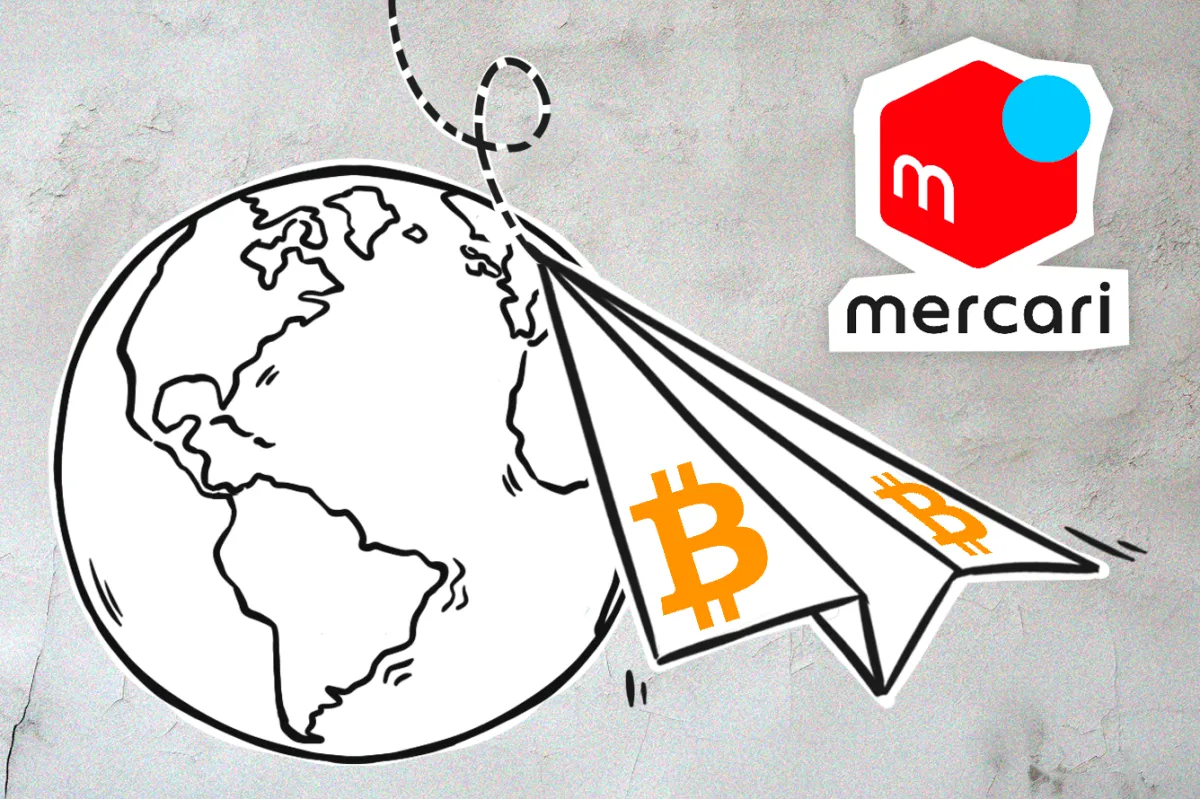
Online second-hand goods marketplace Mercari, one of Japan’s largest consumer-to-consumer e-commerce platforms, is going to allow users to make purchases using bitcoin by June this year, according to a local outlet. Mercari itself has not confirmed the news.
According to a source, the payments will be processed by a Mercari subsidiary, Mercoin, which plans and develops services related to crypto assets and blockchain. The subsidiary will transfer bitcoin to the seller in yen and charge a transaction fee. It is not stated whether buyers choosing this payment option will also be double charged with a standard service fee.
Last March, Mercari launched a built-in crypto exchange allowing users between 20 and 74 years old to buy and sell BTC using their balance or sales proceeds and points from a loyalty program. Now, using these BTC within the app will also become possible.
Taking into account the volatility of bitcoin and the fact that many of its holders prefer to save their 'digital gold' rather than spend it on everyday purchases, it may be wise to also accept stablecoins. Payments made via the platform also lack the anonymity that many bitcoin holders value, and the process involves too many conversions (and the resulting fees): first, the user buys BTC using their balance, then the Mercoin converts it, and the seller eventually gets paid in yen and then can convert money back into bitcoin.
Over the last few years, Japan has been reshaping its traditional taxation guidelines and legal framework to welcome crypto investors and the innovation that brings. Last year, the Payment Services Act was revised to allow local distributors to handle “collateralised” stablecoins backed by legal tender and to let licensed financial institutions issue stablecoins. A recent report by PwС revealed that the country showed comprehensive involvement across four analysed areas: legal framework for stablecoins, compliance with the 'Travel Rule', licensing and registration, and overall development of crypto regulations. We earlier reported that local financial entities had also expressed interest in decentralised technology, entering partnerships with major crypto players including Circle and Binance.
However, according to the Global Index by Chainalysis, Japan is not among the leading countries when it comes to crypto adoption. The alleged reason for this is the relatively low-level national currency inflation and high taxes on crypto.
Accepting bitcoin is an important milestone and a major image boost for the crypto-oriented company. The fact that huge companies across the globe have started to adopt crypto payments and that some governments are trying to create a legal framework that allows that kind of transactions is a good sign for the future.

